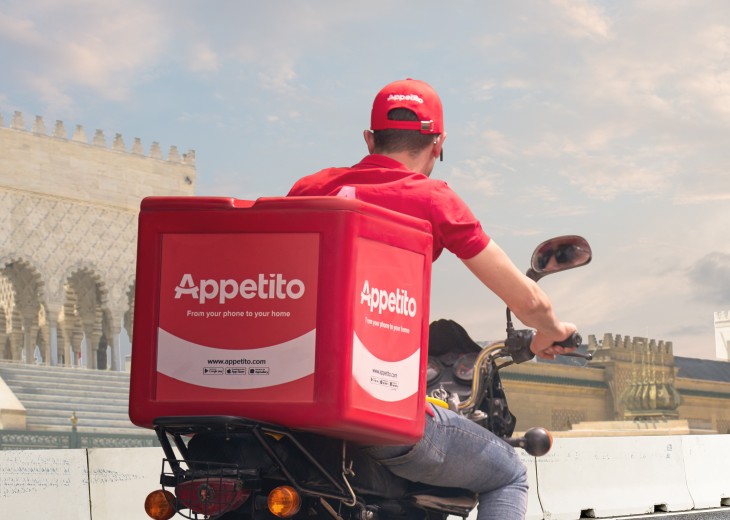Appetito, an Egyptian platform that delivers groceries and home items to consumers from 11 dark stores in three cities across the North African country, is acquiring Lamma, a similar startup with operations in Tunisia and Morocco’s Maghreb regions.
When contacted, Appetito and its CEO, Shehab Mokhtar, declined to disclose the deal’s worth in a statement. According to sources familiar with the transaction, the deal was between $10 million and $15 million.
“We’ve been very cost-efficient with solid unit economics from day one. The fact that we were able to do so much with so little is ample evidence,” replied Mokhtar when asked how Appetito financed the acquisition, having raised just $2.5 million. “Moreover, we’ll be closing an eight-figure round soon to foster our expansion even further.”
Read Also : NFT Marketplace For Creatives, Ayoken Bags $1.4M To Help Users Grow Their Revenue
Lamma, the acquiree, established as a carpooling service in Tunisia two years ago. It shifted to a quick commerce platform that delivers groceries, personal care, and fashion items in less than 45 minutes to people in Tunisia and Morocco (which debuted this year). Yassir El Ismaili El Idrissi, ex-GM of Careem, Hamza Guesmi, and Koussi Aymen founded Lamma, backed by Orange Ventures.
As both teams “explore lots of synergies,” the Lamma team, its three dark stores, and a distribution center will be integrated into Appetito. El Idrissi will join Appetito as the new Chief expansion and growth officer.

Becoming The Largest Q-Commerce Player
Appetito claims that the deal makes it Africa’s largest q-commerce player. It bases its claim on the fact that it currently operates in three markets: Egypt, Morocco, and Tunisia. “In Africa, no other q-commerce player operates in such big markets,” Mokhtar said.
The company plans to become the largest q-commerce player in frontier and emerging markets. Rabbit and other similar start-ups operate in Egypt and Saudi Arabia, whereas Breadfast, which is only active in Egypt, runs more than 50 dark stores.
Since the pandemic, q-commerce platforms have attracted a lot of VC attention – and cash — as consumer patterns shifted, and individuals began ordering groceries online with the expectation of receiving them in minutes, as these platforms claimed.
However, as the number of platforms offering grocery and household item delivery in under 20 minutes increased, it became clear that most of them would crumble due to their low margins and questionable unit economics. Late last year, a consolidation began. Smaller platforms like Weezy, Cajoo, Frichti, and Dija have since been acquired by bigger companies like Getir, Flink, Gorillas, and Gopuff.
Acquiring Lamma To Birth Continous Growth For Appetico
The acquisition of Lamma by Appetito is a first in the African market, albeit among small players. They employ similar business models, with delivery times ranging from 45 minutes to two hours; Appetito also offers scheduled daily or weekly deliveries. The “under 20-minute” pitch from companies like Breadfast and Rabbit differs from this timing model.
One of the reasons Mokhtar is confident in the company’s continuous growth — Appetito claims to be achieving double-digit margins — despite the downsizing and shutdowns faced by q-commerce platforms around the world is the company’s prioritization of quality and affordability over speed and convenience. Getir, Zapp, and Gorillas, for example, have reduced their workforces, while Send in Australia has shut its doors.
Africa’s fragmented retail market creates a solid business case for q-commerce models like Appetito, said the CEO. “We are not only about delivering convenience, but we’re also about tackling huge inefficiencies in the supply chain and providing real value for our customers as well as our suppliers,” he added.
Egypt, home to more than 100 million people, has a retail FMCG market size of about $50 billion and is highly fragmented and inefficient. The same can be said for other African countries, hence why Appetito is eyeing an expansion into these markets in the next quarters.




